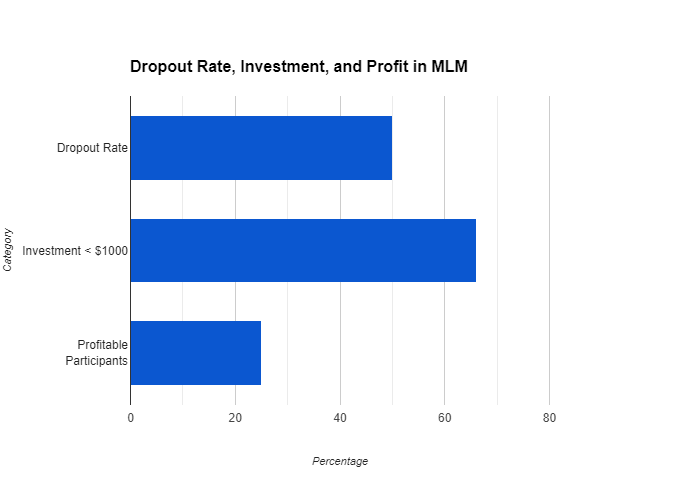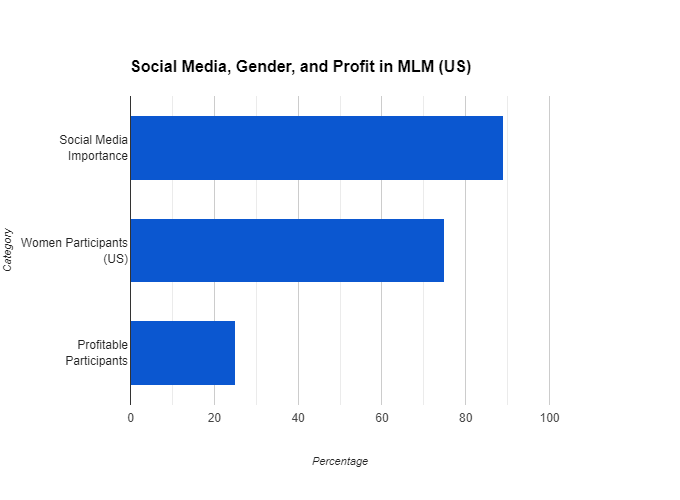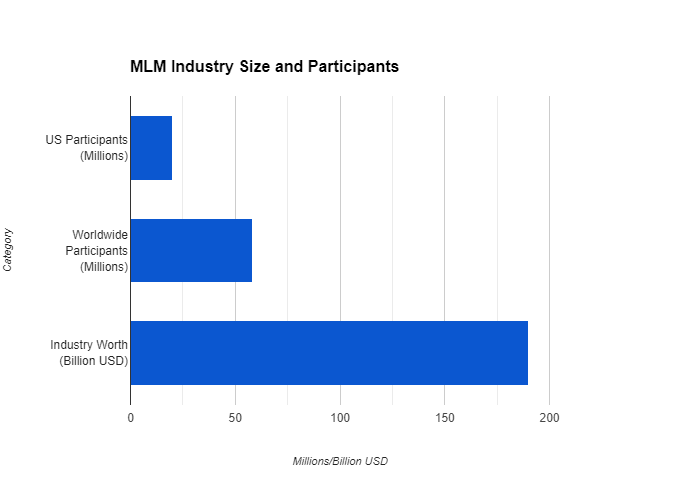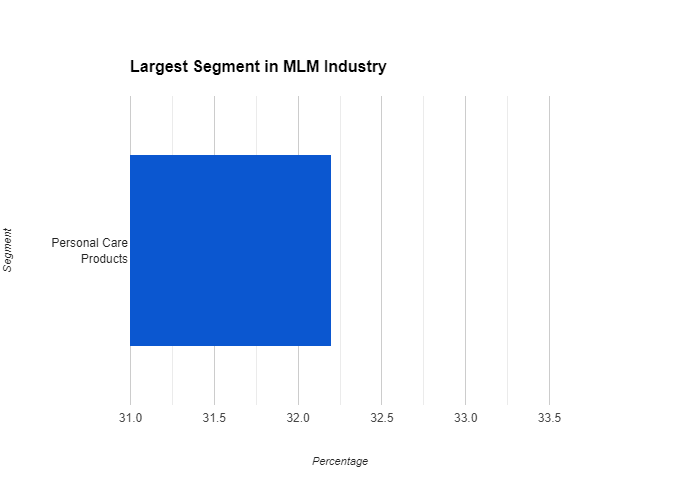

In the realm of modern entrepreneurship, multi-level marketing (MLM) has emerged as a viable business model for individuals seeking flexible income streams and entrepreneurial freedom. With the advent of technology, MLM companies have harnessed the power of software solutions to streamline operations, boost productivity, and maximize profits. In this article, we delve into the significance of multi-level marketing software, exploring its features, real-life examples, and the statistical impact it has had on the industry.
Multi-level marketing software serves as the backbone of MLM companies, facilitating various aspects of their operations, including sales tracking, commission calculation, inventory management, and team communication. These software solutions are designed to automate repetitive tasks, simplify complex processes, and provide real-time insights into the performance of distributors and sales teams.

MLM software enables companies to monitor the sales activities of their distributors, tracking purchases, customer interactions, and revenue generation. This feature allows businesses to identify top performers, assess customer preferences, and optimize marketing strategies accordingly.
One of the most crucial aspects of MLM is the calculation and distribution of commissions and bonuses. Multi-level marketing software automates this process, accurately calculating commissions based on predefined compensation plans, sales volumes, and hierarchical structures within the organization.
For MLM companies dealing with physical products, inventory management is essential to ensure adequate stock levels and timely fulfillment of orders. MLM software provides tools for inventory tracking, order processing, and warehouse management, streamlining operations and minimizing the risk of stockouts or overstocking.
Effective communication is paramount in MLM, where distributors rely on teamwork and support from their uplines and peers. Business management software often includes built-in communication features such as messaging systems, forums, and notifications, facilitating seamless collaboration and knowledge sharing among team members.
As one of the largest and oldest MLM companies globally, Amway utilizes sophisticated marketing software tools to manage its extensive network of distributors and customers. Amway’s software platform integrates various functionalities, including order processing, commission tracking, and training resources, to support its diverse product lines and international operations.
Herbalife, a leading health and wellness MLM company, relies on custom-built mlm marketing software to empower its independent distributors worldwide. Herbalife’s software suite encompasses tools for customer relationship management (CRM), sales analytics, and marketing automation, enabling distributors to efficiently promote and sell Herbalife products while maximizing their earnings potential.
Specializing in essential oils and wellness products, Young Living leverages multi-level marketing network marketing software to enhance the distributor experience and drive business growth. Young Living’s software platform offers intuitive dashboards, mobile apps, and educational resources to empower distributors at every stage of their journey, from prospecting and recruitment to sales and team building.
According to a study conducted by the Direct Selling Association (DSA), MLM companies that implement comprehensive software solutions experience an average revenue growth of 20% to 30% annually. By leveraging technology to automate processes and optimize performance, MLM businesses can unlock new revenue streams and expand their market reach.
Multi-level marketing software helps reduce operational costs associated with manual labor, administrative overhead, and inefficiencies in sales and distribution processes. Research indicates that MLM companies can achieve cost savings of up to 40% by adopting advanced software solutions, allowing them to reinvest resources into product development, marketing initiatives, and distributor incentives.
Effective use of crm for network marketing in multi-level marketing software has been shown to improve distributor retention rates and overall satisfaction within MLM organizations. By providing distributors with user-friendly tools, timely support, and transparent reporting capabilities, MLM companies can foster a sense of trust and loyalty among their sales force, resulting in higher retention rates and lower turnover.

According to a report by Market Research Future, the MLM software market is expected to grow at a CAGR of 9% from 2021 to 2026. This growth is driven by the increasing adoption of multi level marketing platform by both established MLM companies and start-ups.
Moreover, a survey conducted by Software Advice found that MLM companies using software network marketing saw a 14% increase in their sales, and their distributor retention rate improved by 12%.
Here are some Data Insights –




In conclusion, multi-level marketing software plays a pivotal role in the success and sustainability of MLM businesses in today’s digital age. By leveraging advanced technology solutions, MLM companies can streamline operations, empower distributors, and drive business growth. As demonstrated by real-life examples and statistical evidence, the adoption of multi-level marketing software is not just a choice but a strategic imperative for companies aiming to thrive in the competitive landscape of direct selling.